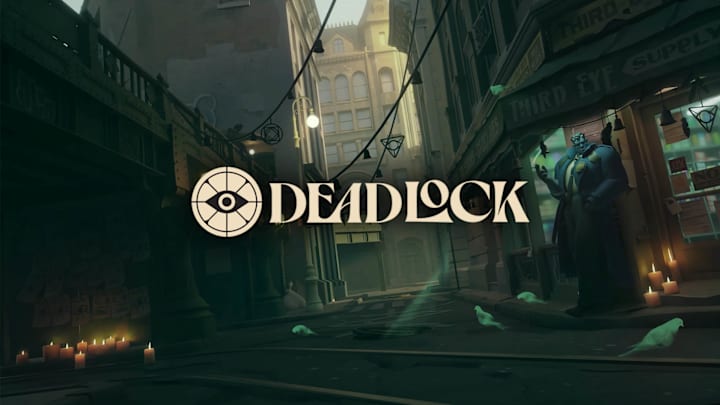Deadlock Gets Low Priority Queue & Behavior System

It's human nature that when you have a competitive environment there are going to be bad people who ruin the experience for other players just trying to win and have fun. Valve is certainly familiar with this concept at this point after all these years of Counter-Strike and Dota 2. With their new game Deadlock already experiencing immense amounts of cheating and toxicity, Valve needed to take action quickly, and they have.
For those who don't know, Deadlock is the all new game from iconic PC game company Valve. It's basically if Team Fortress and Dota 2 did unspeakable things to each other. The game had a controversial reveal and very quickly went into closed testing after that. Even in closed testing, it's managed to maintain over 100k players on Steam since its testing has began.
Related Article: Deadlock — Best Heroes for New Players
Low Priority Queue & Behavior System
It is the responsibility of game developers/publishers to make an effort to keeping the competitive integrity of their game strong, when they develop a game meant to be taken seriously. This means having systems in place that punish cheaters, griefers, leavers, etc..
Valve has taken their first step in Deadlock towards that goal by introducing two things: A low priority queue system and a behavior system.
What is a Low Priority Queue?
A low priority queue system is a system that puts players who queue for games in a queue that will exclusively matchmake them with other players also in the queue. This results in much longer queue times and ensures that a lot of leavers/griefers are only playing with other leavers/griefers.
Players who now abandon lots of Deadlock games or display other bad behaviors will from here on out be placed into the low priority queue.
To get out of the low priority queue, players will have to complete a certain number of games in the low priority queue first. The total number of games required depends on the number of games abandoned before getting placed into it, if it's a repeated offense, and a few other criteria.
Players can receive temporary bans to certain features in the game, including Matchmaking, Voice/Text Chats, Pausing, and Reporting.
Deadlock has added a LOW PRIORITY Queue and a new Behavior System:
— Deadlock Intel (@IntelDeadlock) September 13, 2024
-The primary way to enter LPQ this is through abandoning games, but can include other behavior.
-You must complete the required amount of games (escalates based on low priority frequency) to be able to return to… pic.twitter.com/NZ6S451mOr
